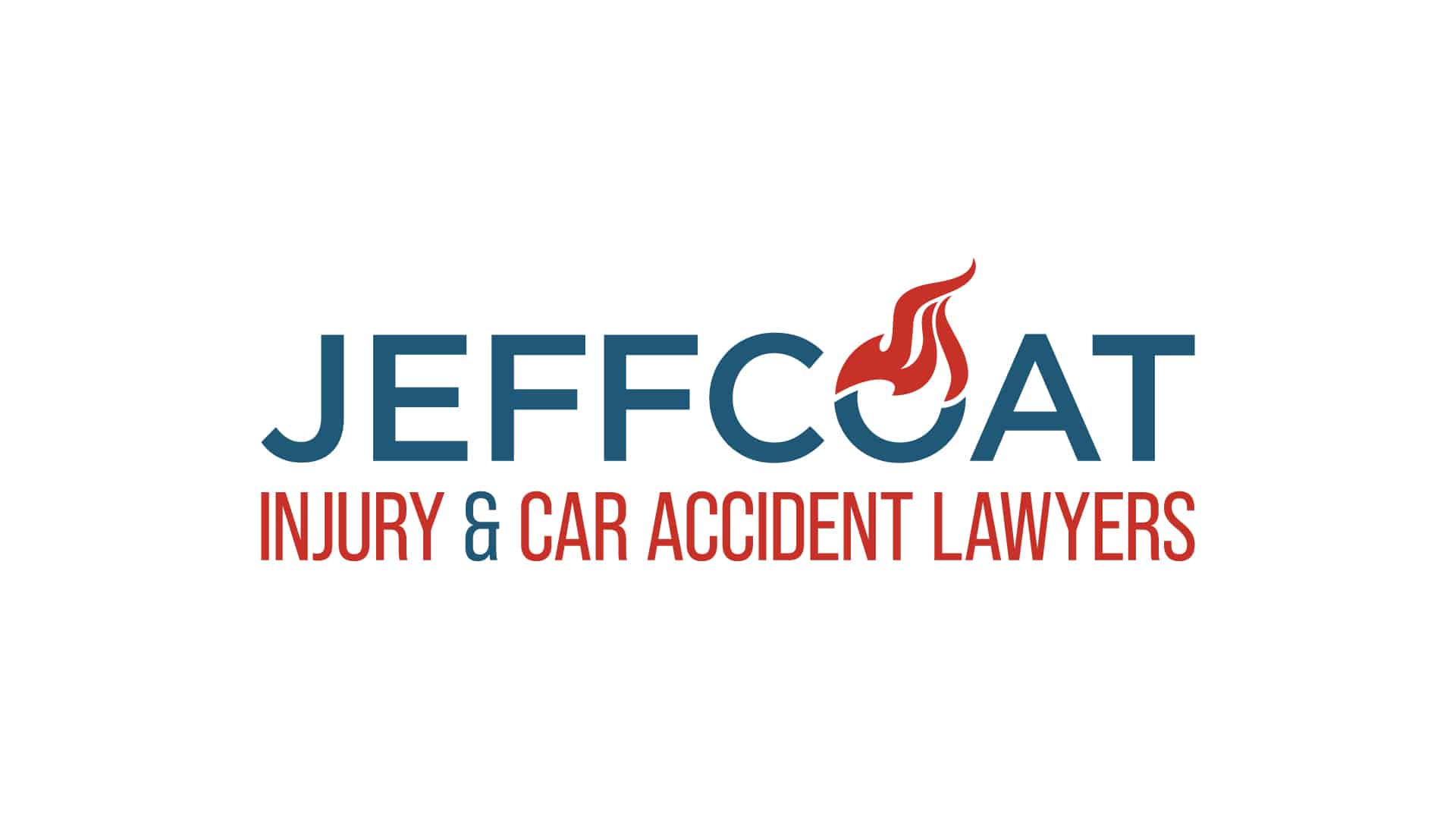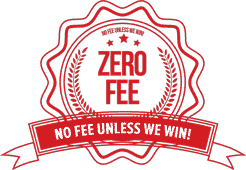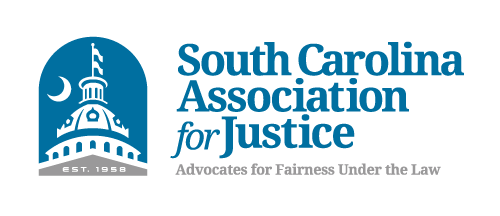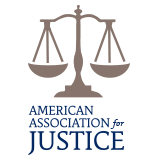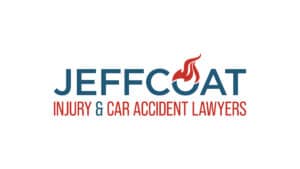It’s incredibly painful to lose a loved one. The grief can be even worse when it could have been avoided.
If a fatal accident occurs due to someone else’s negligent or reckless behavior, it may be a wrongful death. The at-fault party may owe compensation to the family, including funeral and burial expenses, lost income, and emotional pain and suffering.
If you lost a close family member in a wrongful death accident, you may deserve compensation. Jeffcoat Injury and Car Accident Lawyers have years of experience dealing with wrongful death claims in South Carolina.
What Are Some Examples of Wrongful Death Incidents?
If an injury is severe enough that the victim dies, the case can turn into a wrongful death claim. Here are some examples of situations that can lead to wrongful death:
- Traffic accidents with truck accidents, car accidents, motorcycle accidents, and pedestrian accidents
- Defective products or equipment
- Slip and falls
- Nursing home neglect or abuse
- Chemical exposure
- Medical malpractice
- Birth injury or death of a newborn
- Plane crashes
- Construction site accidents
Who Can File a Claim in a Wrongful Death Case?
Since the deceased cannot represent themselves, a family member or close relative can file a wrongful death claim. Here are some examples of individuals that may qualify.
Immediate Family Members
Immediate family members like parents of unmarried children, spouses, and children can file a claim for damages.
Life Partners, Financial Dependents, and Putative Spouses
Some states may recognize domestic and life partners and anyone financially dependent on the victim as having the right to file a claim.
Distant Family Members
Some states may allow more distant family members to represent the deceased. These include brothers, sisters, and grandparents.
Anyone Who Will Suffer Financially
In certain states, anyone who was dependent on the deceased financially and will suffer from a lack of income will be able to file a claim.
Parents of a Deceased Child
A child’s death can be considered a wrongful death depending on the circumstances. The parents will be able to file a claim only if the child was born alive and then died.
If several family members wish to file a claim and are qualified to do so, they may file jointly or separately. If the only surviving beneficiary is a minor, the court will provide a guardian to file on their behalf.
What Kind of Damages Can Beneficiaries Recover in a Wrongful Death Claim?
Beneficiaries in a wrongful death claim may recover the following damages:
Financial Losses
Compensation for the loss of potential earned income from the deceased.
Medical Expenses
The defendant will be responsible for any medical expenses incurred to care for the victim.
Funeral and Burial Expenses
The at-fault party may be liable for funeral and burial expenses.
Punitive Damages
Punitive damages may be awarded if the defendant’s behavior in causing the death is considered excessively reckless. The added damages are made to discourage the party from exhibiting similar behavior in the future.
Emotional Pain and Suffering
Loved ones of the decedent may also collect damages for emotional pain and suffering. These include grief and sorrow, mental shock and anguish, and the loss of the loved one’s experience, knowledge, judgement, care, companionship, and protection. Damages may also include any emotional and physical suffering the decedent experienced before death.
Wrongful Death Claim vs. Survival Claim
After a wrongful death occurs, beneficiaries may file two types of claims depending on the circumstances: a wrongful death claim and a survival claim. The survivorship claim will allow the estate to be awarded damages for the beneficiaries. Wrongful death cases can allow relatives to collect damages the deceased would have been owed had they survived.
Wrongful death damages typically include pain and suffering, current and future income losses, death and funeral expenses, and medical expenses. Survival claim damages include those related to the pain and suffering and lost earnings of the victim.
Survival claim damages are dispersed through the deceased’s estate, whereas wrongful death damages are paid directly to the beneficiaries.
Statute of Limitations of a Wrongful Death Claim
A statute of limitations sets the maximum amount of time after an event occurs in which a claim may be filed. In the state of South Carolina, the statute of limitations for most (but not all) wrongful death claims is three (3) years, and the clock starts ticking the day the death occurs. Some wrongful death cases have much shorter deadlines, so be careful!
Three years may seem like a lot of time to file a claim, but the sooner you file, the fresher events will be in your mind. This can help you build a strong case. When it comes to losing a loved one, you want to see justice served as soon as possible.
Jeffcoat Injury and Car Accident Lawyers: A Great Choice for Your South Carolina Wrongful Death Claim
You need a good lawyer on your side to see to it that your family gets the justice it deserves.
Jeffcoat Injury and Car Accident Lawyers has years of experience serving wrongful death clients in the Orangeburg area and all of South Carolina. We understand what our clients are going through and treat them with a high level of care and respect during difficult times.
Nothing can replace a loved one, but receiving compensation can get you the closure you need to move forward with your life. Contact Jeffcoat Injury and Car Accident Lawyers to schedule a free consultation and take the first step in dealing with your grief.
